You probably just read that sentence and paused at "harp". Most people are surprised and intrigued when I tell them I am a harpist. Perhaps you have some questions about this elegant instrument. So I am dedicating this post to answering the most frequently asked questions about the harp and my experience as a harpist.
Spontaneous Improvisation
n my January 2016 blog, “Discovering Your Musical Purpose”, I wrote:
“As a long-time music teacher and performer, I believe that a well-rounded musician needs to be able to do the following:
- Sight-read scores written with standard musical notation.
- Improvise spontaneously using chord progressions.
- Accompany a singer or solo instrument (using a keyboard) from a score that uses only a melody, lyrics, and chord symbols.”
Quality over Quantity
By Jesse Sullivan
My name is Jesse Sullivan and am a new member of the AWSOM team! I graduated from the University of Southern California with a Bachelors of Arts in Music. I learned a lot about performing and teaching music while in college and the biggest lesson I learned regarding teaching is Quality over Quantity.
TOP 5 Ways to ALWAYS Pass an Exam
One of our outstanding 12 year old piano students is about to take his Grade 7 on the piano. Andrew Shi, has taken his top 5 tips and formulated them into an excellent blog to help all current and future exam students know how to best prepare when taking a music exam! Well done on this great post Andrew!
Sight-reading and the Trivium
By John Hart
Every subject, including sight-reading, has its grammar, logic, and rhetoric. (These 3 terms are referred to as the “Trivium”, a term often used in classical education.) The “grammar” of a subject is the knowledge base—a pool of facts. The logic stage is where we put those facts together in an orderly way, and the rhetoric phase is where we put it all together and so something meaningful and creative.
Adding Power to Music
By Dr. Kate McKenzie
Like many, last night I was glued to the TV watching The Oscars, and my favorite aspect of the award show is always the music. Even after years of studying, practicing, thinking, living and breathing music, I still am in complete awe over how powerful of a role music plays in telling a story.
Keeping Your Instrument In Top Shape
By Andrew White
We all know that keeping in great shape is important in so many areas, our physical health, our homes, our vehicles, our belongings, and definitely our musical instruments! Whatever instruments you play, it's not only important to know how to play the instrument but also how to maintain it. Let's take a look at a few ways we can best care for our instruments.
Discovering Your Musical Purpose
By John Hart
Whether you want to start a new instrument, reengage or simply continue on with your current instrument, it’s good to take a moment to consider your purpose for taking lessons. Dream a little! What is it that you want to be able to do with your music? In time, who would you like to be playing for? Are you interested in learning how to improvise on an instrument, or do you prefer to stick with written notes?
As a long-time music teacher and performer, I believe that a well-rounded musician needs to be able to do the following:
- Sight-read scores written with standard musical notation.
- Improvise spontaneously using chord progressions.
- Accompany a singer or solo instrument (using a keyboard) from a score that uses only a melody, lyrics, and chord symbols.
In my next 3 blog articles, I will address each of the topics listed above: sight-reading, improvising, and accompanying.
Make Your Christmas Musical
Music in Colleges and Universities
By Kate McKenzie
It’s never too early to start thinking about how music can help you achieve your collegiate goals. No, you don’t have to major in music at a world-renowned conservatory to continue to study music, perform in ensembles, or even get a scholarship. Most universities have several large ensembles that are open to to all students, and they often have scholarship money to to attract talented musicians (including non-music majors) to their program.



